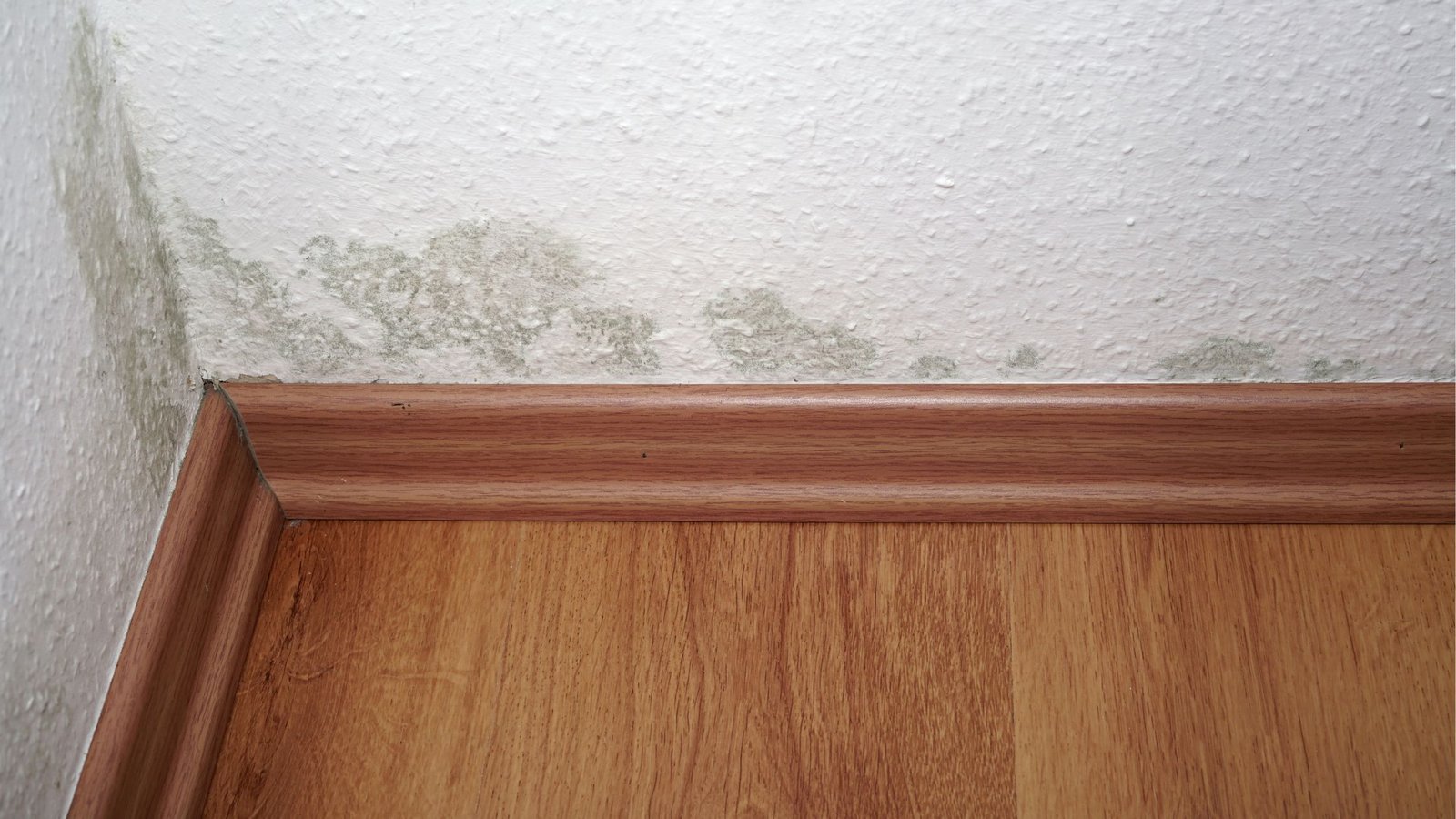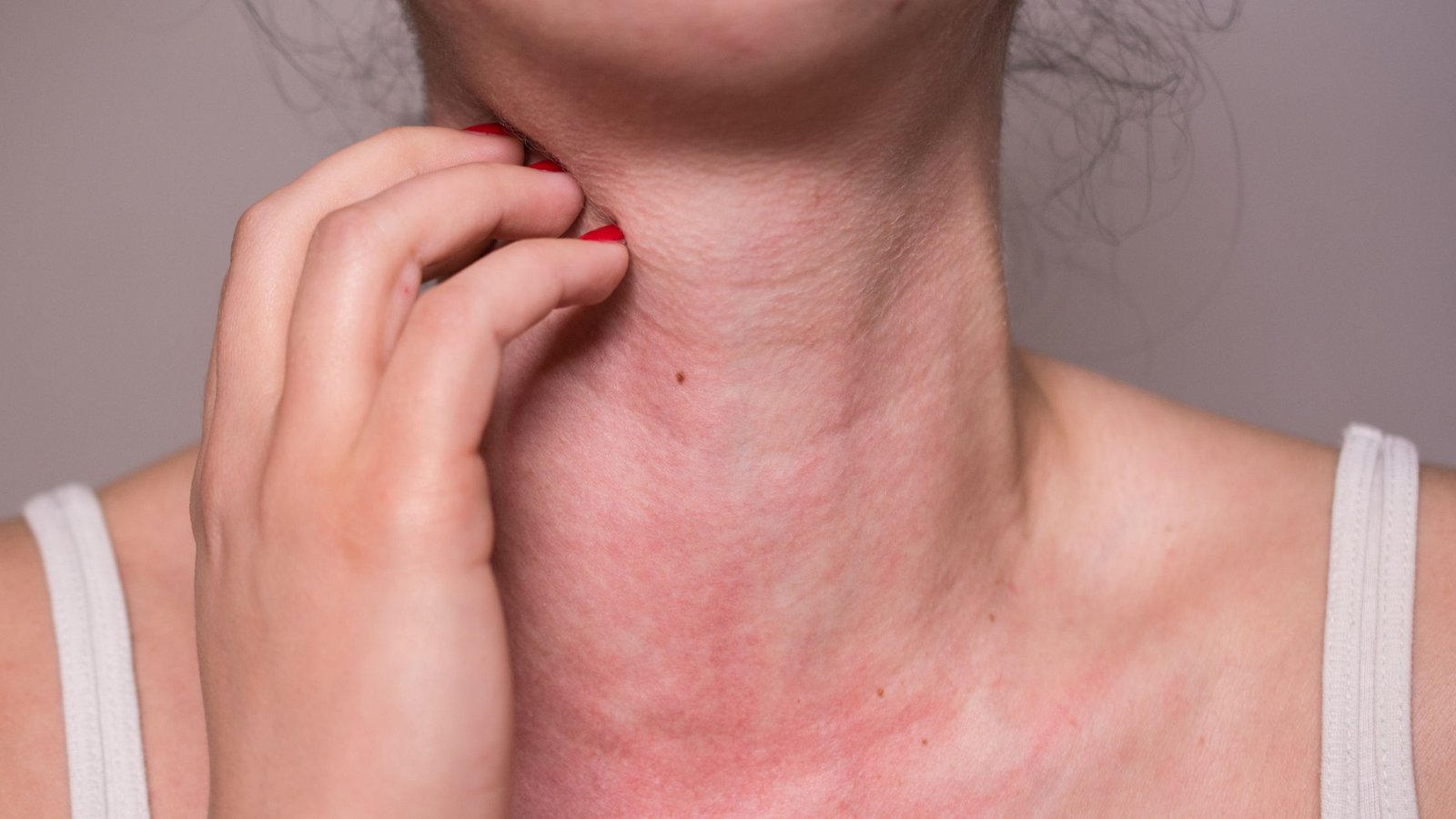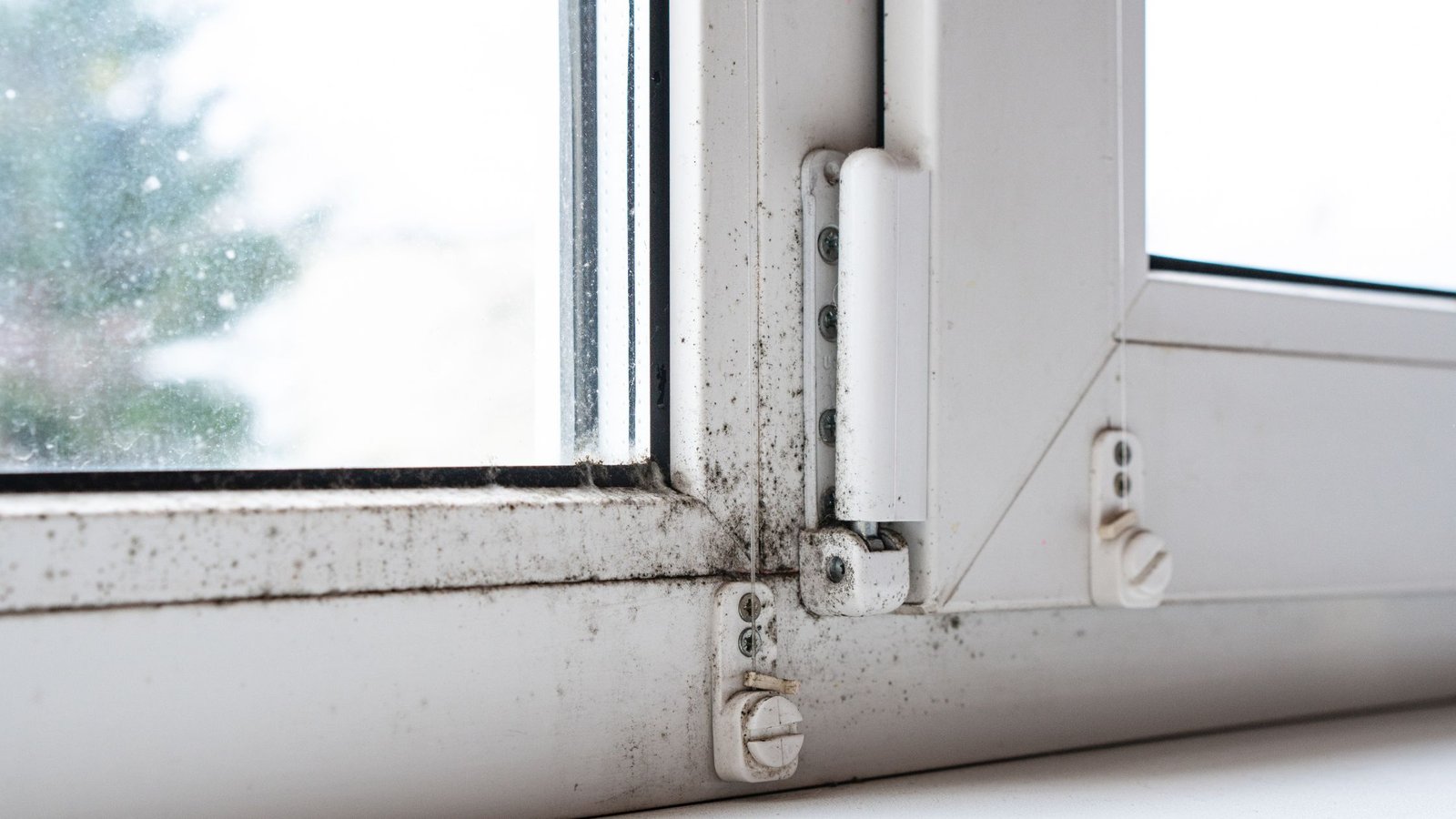Mold is an unwelcome guest in any room, and getting rid of it is not easy, but necessary. Mold tends to appear in homes and other premises during rainy periods when there is more moisture. Poor ventilation and other favorable factors also contribute to its appearance.
Mold releases toxic substances called mycotoxins, which have a negative effect on well-being and health. Higher concentrations of these substances in rooms can cause allergies and significantly impair quality of life.
Let’s discuss what to do if you suffer from mold allergies, how to identify them accurately, and what measures to take.
Table of contents
Which people are most likely to suffer from mold allergies?
Allergies caused by mold usually affect people with weaker, more sensitive immune systems, those suffering from asthma, and other respiratory diseases. Those who spend a lot of time in damp rooms where mold has taken hold are also often affected—in such cases, the allergy develops over a longer period of time.
It should be noted that even in non-allergic people, mycotoxins cause unpleasant symptoms, contribute to the development of respiratory diseases, and may exacerbate bronchial asthma.
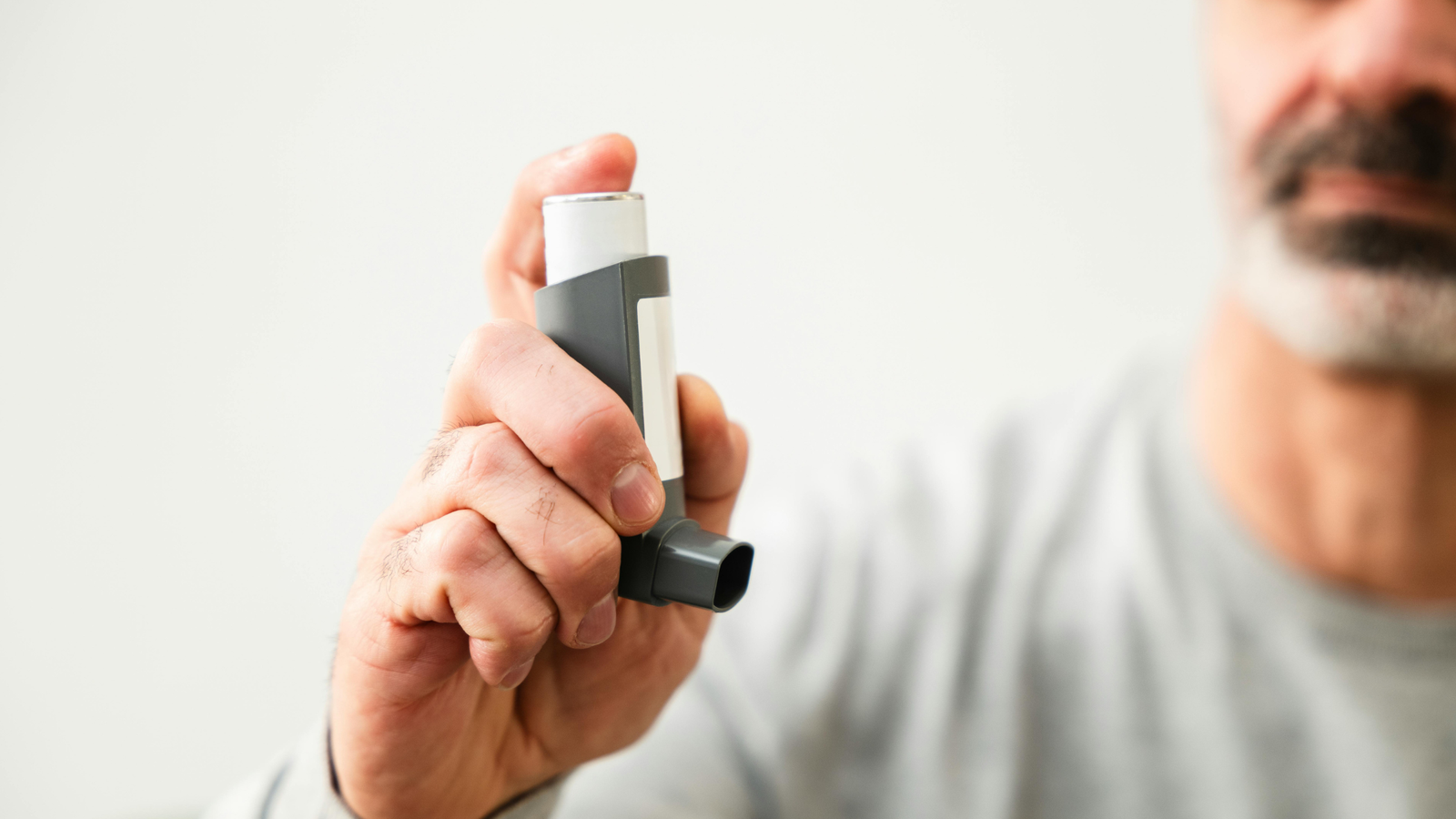
How to tell if it’s a mold allergy or a cold?
Similar symptoms can sometimes be misleading: people experiencing cold symptoms may think they have allergies, while those with allergies may blame their cold. However, it can be quite easy to distinguish between these two conditions.
Symptoms of mold allergies usually last longer than a week. Typical symptoms include shortness of breath, itchy eyes, redness, watery eyes, and an itchy nose. These symptoms often intensify in certain places, such as only at home or only at work, which helps to distinguish allergies from other similar conditions.
In the case of a cold, symptoms usually last from a few days to a week. One of the most obvious differences is a fever, which is characteristic of a cold but not of allergies. In addition, cold symptoms do not change depending on whether you are at home or elsewhere; they remain the same.
Allergy to mold: symptoms that indicate a problem
The most common symptoms of mold allergies are:
- stuffy or congested nose;
- sneezing;
- persistent, itchy sensation in the nasal cavity;
- sore throat;
- cough;
- itchy eyes;
- watery eyes.
Prolonged exposure to mold can cause symptoms such as dizziness and visual disturbances. If a person has asthma, exposure to mold will cause much more severe asthma symptoms.
However, experts note that similar symptoms do not always indicate an allergy. If a person has a particularly sensitive respiratory system, the smell of mold will irritate it and cause discomfort, but this will not necessarily be an allergic reaction. Therefore, an allergy to mold can be most accurately diagnosed by an allergist.
What should you do if you experience symptoms of mold allergy?
If you think you are allergic to mold, do not self-medicate. First, consult an allergist. Once the diagnosis is confirmed, it is important to get rid of the mold that caused the problem. The next step is to follow the treatment plan prescribed by your doctor.
Allergy to mold: treatment
Antihistamines can help reduce allergic reactions to mold. However, patients sometimes start taking them on their own. This is not the right decision, as only an allergist can prescribe the most appropriate medication after assessing your specific symptoms.
There is a wide range of medications available to suppress allergy symptoms, so you need to consult a specialist to choose the most appropriate ones for you.
When starting treatment for mold allergy, you should be aware that it is equally important to eliminate the cause of the allergy—the mold itself. Even if you take the best medications and do not eliminate the mold, the allergy will not go away—the medications will only suppress its symptoms, and the damage to your body will continue.
Preventive measures against mold growth
If you have never encountered mold in your home, you can consider yourself lucky. However, it is still useful to take preventive measures to avoid creating conditions conducive to mold growth and to reduce the risk of allergies.
To protect your home from mold, there are a few important things you need to know. Sometimes it takes very little effort to avoid a big problem.
- Moisture is one of the most favorable conditions for mold growth. Therefore, do not allow it to accumulate indoors; ensure proper ventilation of the premises. If there is a lot of moisture, use dehumidifiers.
- Good ventilation is needed in the bathroom; do not close the bathroom door at night so that the accumulated moisture can dissipate.
- If there is a cold wall in the room that attracts moisture, do not block it with furniture.
- In the fall, when the heating has not yet been turned on in apartments and there is unpleasant moisture in the rooms, use additional heating, dehumidifiers, and ventilate the rooms.
- Do not allow condensation to remain on the windows.
- It is also worth checking the pipes for leaks.
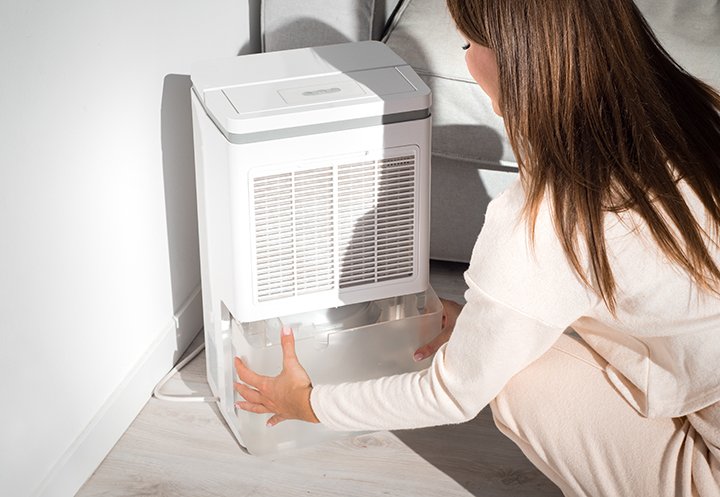
How to get rid of mold in your home?
If you notice mold in your home, don’t delay – you need to get rid of this unwelcome guest. Why is this important? If you have allergies, treatment will be ineffective unless you eliminate the cause of the problem.
Here are a few tips on what you can do if mold appears in your home:
- First, identify its location and cause.
- The key factor is to reduce humidity in the room, as humidity is the most favorable condition for mold to appear and grow successfully.
- Clean off any visible mold. Do this very thoroughly, using mechanical or chemical methods.
- For small areas, you can try folk remedies for mold: baking soda, vinegar, lemon juice, tea tree essential oil, etc.
If mold has already taken hold in your home and covers more than a square meter, if you have tried to clean it but have been unsuccessful, if you can smell mold strongly, or if you are experiencing allergy symptoms, call in mold removal specialists for help.
Once mold has taken hold, you will not be able to get rid of it yourself. Professionals will test the mold and select the most effective means of eradicating it.



